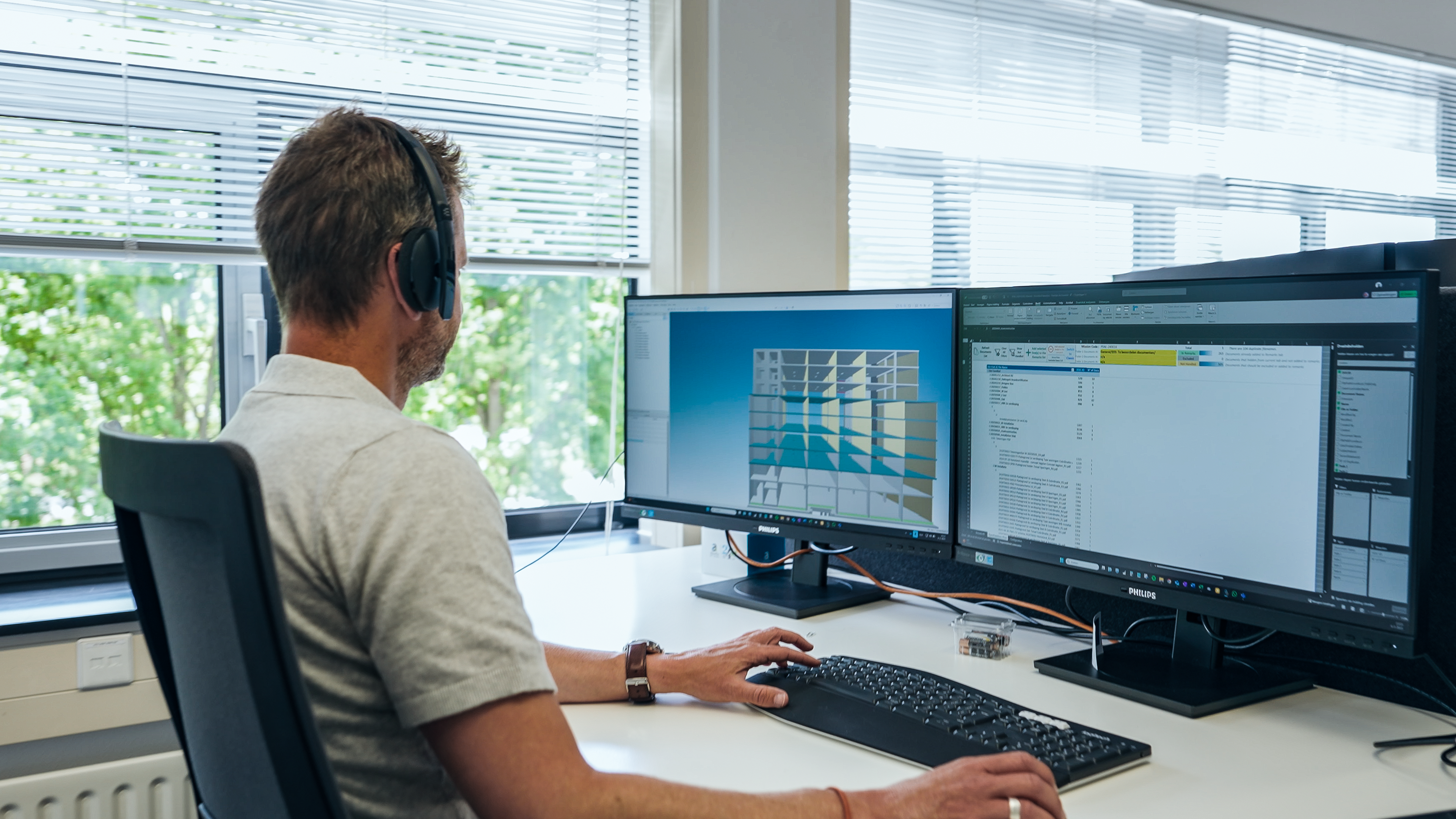Risk Analysis
As part of a TIS inspection, Seconed creates a risk analysis for you, which determines which inspections we will carry out on the design and realization. At the start of each project, Seconed's engineers and inspectors draw up the project-specific risk analysis and identify the components to be tested. This ensures that the risks present in your project are monitored by Seconed.
The risk analysis therefore forms the basis for the assessment of your project. With Seconed's broad knowledge and years of experience, the risks of each project can be accurately determined.

